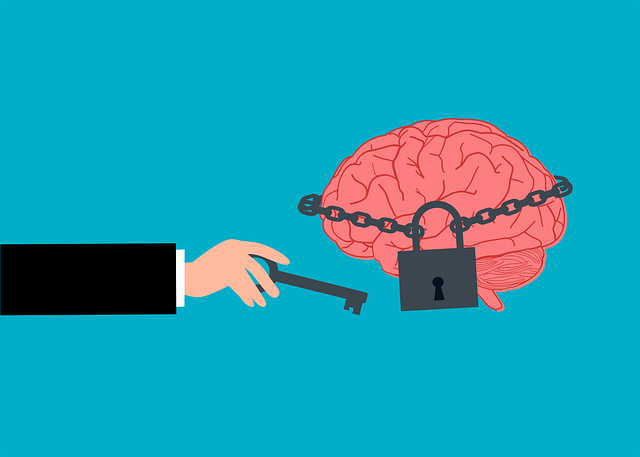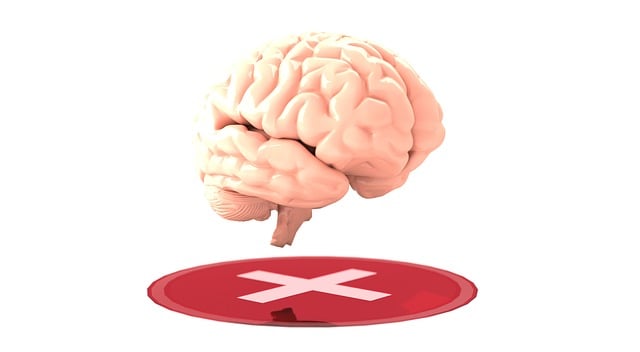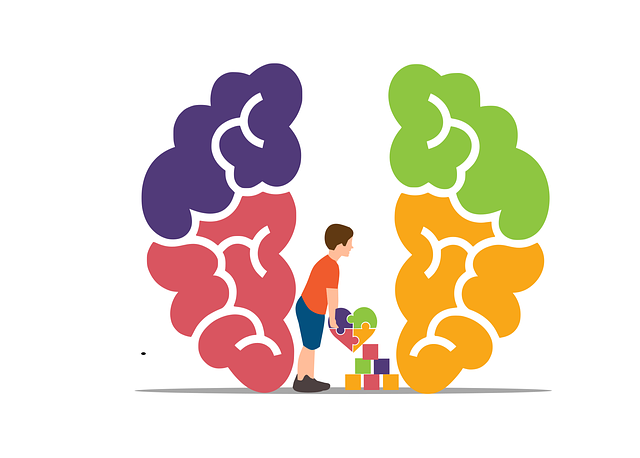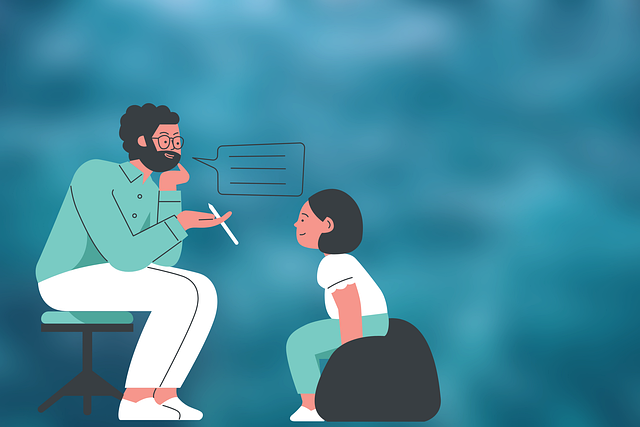Mental health crisis hotlines, including Boulder Online Therapy, offer 24/7 confidential support via trained professionals for anxiety, depression, and trauma. These services stabilize individuals in acute distress, prevent escalation, address mental illness stigma, and provide tools for long-term stress management and emotional well-being. Accessible online platforms transform mental health care, making help readily available through video conferencing, phone calls, and messaging apps, while incorporating emotional intelligence tools for tailored responses and improved outcomes. Boulder residents can leverage these resources to navigate mental health challenges effectively.
In today’s fast-paced world, mental health crisis hotline support services play a vital role in assisting individuals navigating turbulent times. These 24/7 resources offer immediate aid and guidance during moments of distress. This article explores the critical function of hotlines, focusing on Boulder Online Therapy’s contributions to crisis support. We’ll delve into common issues addressed, the impact of technology, and provide essential access information for those in need. Understanding these services is a crucial step towards fostering better mental health care.
- Understanding Mental Health Crisis Hotlines
- The Role of Boulder Online Therapy in Crisis Support
- Accessing Emergency Support: How to Reach a Crisis Hotline
- Common Issues Addressed by Crisis Hotlines
- Enhancing Crisis Response: Technology's Impact on Hotline Services
Understanding Mental Health Crisis Hotlines

Mental Health Crisis Hotlines serve as vital resources for individuals experiencing acute emotional distress or a mental health crisis. These 24/7 services provide immediate support, offering confidential conversations with trained professionals who can offer guidance and resources tailored to each caller’s unique situation. Whether it’s managing intense anxiety, coping with depression, or dealing with a trauma-related emergency, hotlines like those offered by Boulder Online Therapy are designed to be easily accessible, ensuring help is available when it’s needed most.
Understanding the importance of immediate intervention, these hotlines employ strategies such as active listening and crisis counseling techniques to stabilize individuals and prevent escalation. By addressing issues related to mental illness stigma reduction efforts, mood management, and even burnout prevention for healthcare providers, these services play a crucial role in fostering healthier communities. They bridge the gap between acute crises and long-term therapy, offering a safety net that can significantly impact positive outcomes for those facing mental health challenges.
The Role of Boulder Online Therapy in Crisis Support

Boulder Online Therapy plays a pivotal role in providing crisis support services to individuals facing mental health challenges. In today’s digital age, this organization offers accessible and convenient therapy options through online platforms, ensuring that help is just a click away. With the increasing demand for mental health resources, Boulder Online Therapy’s virtual services have become a game-changer, enabling people to receive immediate assistance from the comfort of their homes.
The organization focuses on various therapeutic approaches, including compassion cultivation practices, which have been shown to reduce stress and promote well-being. They also host Stress Management Workshops, providing individuals with valuable tools to cope with daily pressures. Through these initiatives, Boulder Online Therapy not only offers crisis support but also empowers clients with long-term strategies for mental health maintenance and resilience.
Accessing Emergency Support: How to Reach a Crisis Hotline

In moments of intense emotional distress or mental health crisis, reaching out for immediate support is paramount. One effective way to gain assistance is through dedicated crisis hotline services that operate 24/7. These hotlines are easily accessible, often free, and confidential, making them a valuable resource for individuals in need. In Boulder, online therapy platforms have further enhanced accessibility to such support services. Users can simply log onto their preferred platform, connect with trained professionals, and gain immediate access to crisis hotline resources.
Boulder residents facing stress, anxiety, or other mental health challenges can benefit from these hotlines, which are designed to offer non-judgmental listening and practical guidance. Organizations focused on stress management workshops and promoting emotional intelligence often operate such hotlines, providing a safe space for individuals to share their experiences and gain insights into managing their well-being. Whether it’s positive thinking strategies or tools for emotional regulation, these hotlines equip users with valuable skills to navigate challenging situations and foster resilience.
Common Issues Addressed by Crisis Hotlines

Crisis hotlines are a vital resource for individuals facing various mental health challenges. They offer immediate support and guidance to those in distress, covering a wide range of issues. Common concerns addressed include depression, anxiety disorders, suicidal ideation, trauma, and substance abuse. These hotlines cater to a diverse population, from young adults seeking mental health awareness and navigating life’s pressures to older individuals dealing with loneliness or recent life changes.
Many crisis hotline services also provide resources for those seeking Boulder online therapy as an alternative support system. They offer coping strategies, emotional well-being promotion techniques, and encourage positive thinking to help individuals manage their mental health effectively. By offering confidential and non-judgmental support, these hotlines play a crucial role in fostering resilience and guiding people towards long-term recovery.
Enhancing Crisis Response: Technology's Impact on Hotline Services

In today’s digital era, technology has significantly enhanced crisis response services, transforming how hotline support is delivered. Online therapy platforms, for instance, in Boulder and beyond, offer instant access to mental health professionals through video conferencing, phone calls, and messaging apps. This shift empowers individuals to seek help discreetly and conveniently from the comfort of their homes, removing geographical barriers and expanding reach.
Furthermore, technological advancements enable hotline services to implement effective communication strategies and incorporate emotional intelligence tools. Digital tools can now analyze language patterns and sentiment, allowing professionals to assess urgency and tailor responses accordingly. Healthcare provider cultural competency training, coupled with these technological enhancements, ensures diverse communities receive culturally sensitive support, fostering trust and improving outcomes in crisis situations.
Mental health crisis hotline support services play a vital role in enhancing crisis response, offering immediate assistance and guidance during times of distress. As discussed, Boulder Online Therapy has pioneered accessible online therapy options, complementing traditional hotline services with virtual care. By leveraging technology, these hotlines can now reach more individuals in need, providing resources for common issues like anxiety, depression, and suicidal ideation. Understanding how to access these services is crucial; therefore, we’ve outlined simple steps to ensure folks can connect with the help they deserve, 24/7.














